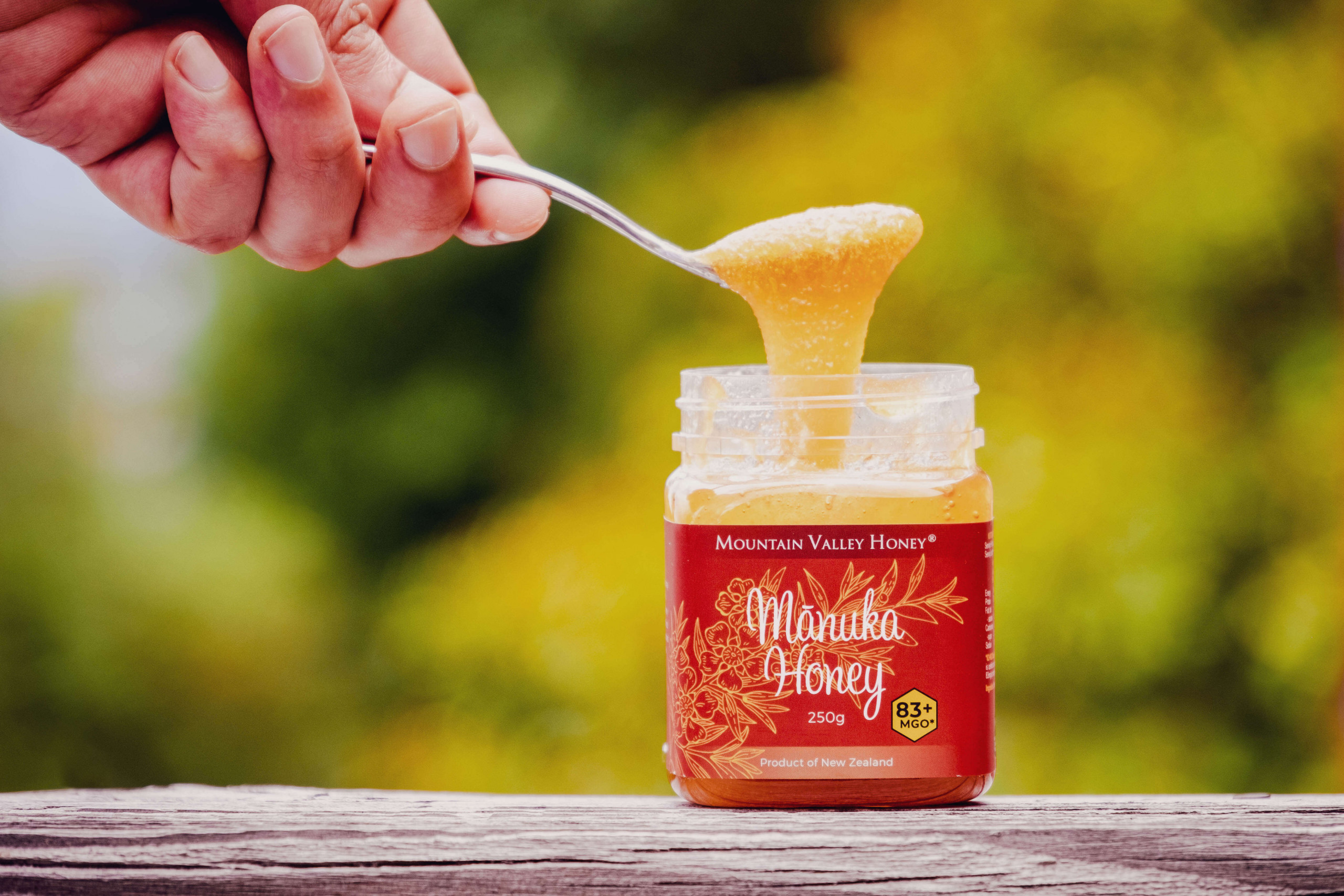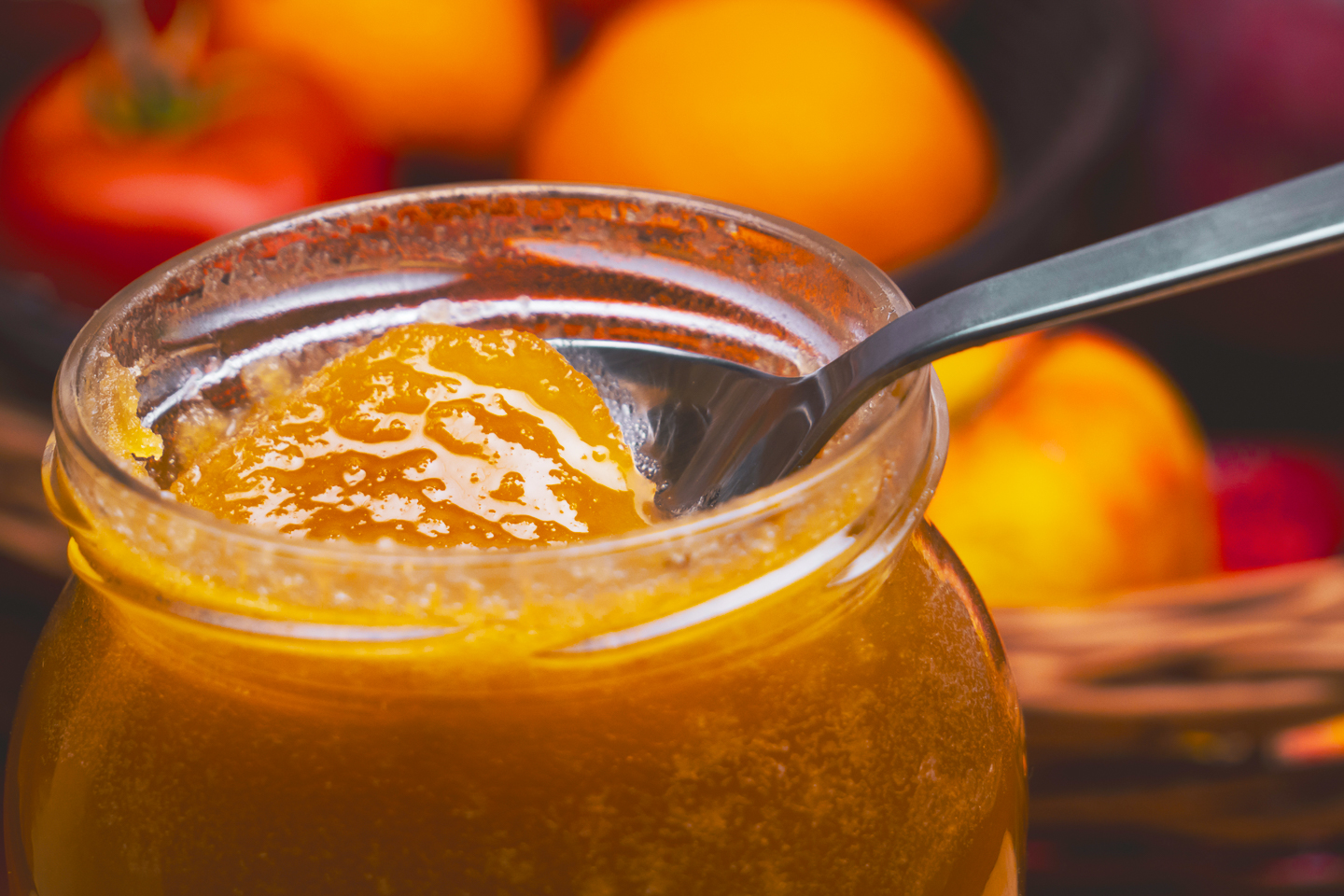Can Manuka Honey Help in Treating IBS?
Manuka honey has been the subject of research into treatments for gastrointestinal issues like IBS. However, research supporting the use of Manuka Honey for IBS is inconclusive. Some research suggests that Manuka could help ease the symptoms of IBS. However, other research suggests the opposite.
Chronic abdominal pain, constipation or diarrhoea and irregular bowel movements are all symptoms of IBS or Irritable Bowel Syndrome. People can develop IBS because of infections or simply through stressful life events. Research also indicates there is a hereditary component to IBS as well.
In this article, we take a look at what the research says in regards to treating IBS with Manuka Honey.
Manuka Honey for the Uninitiated
Leptospermum scoparium, more commonly known as Manuka, is a species of flowering plant endemic to New Zealand. Like other floral honeys, Bees collect the nectar and pollen from the mānuka flower. However, research suggests Manuka has unique properties that could have positive health benefits beyond that of other raw honeys.
This is due to a number of compounds in Manuka that are very low in other types of honey. In particular, Manuka Honey has high levels of Methylglyoxal (MGO). It is MGO that gives Manuka honey its powerful antibacterial and anti-inflammatory properties.

Manuka Honey Is High in Antioxidants
In a 2008 study, researchers looked into the supposed antioxidant effect of Manuka honey. The study aimed to learn if Manuka could be used to treat IBD, or inflammatory bowel syndrome. Both IBS and IBD are characterised by gastrointestinal issues and inflammation.
The researchers looked at how various doses of Manuka honey affect inflammation in the large intestines of rats. They found that Manuka reduced intestinal inflammation. They also found that the honey decreased oxidative damage. This suggests Manuka honey provided protection on a cellular level, likely due to high levels of antioxidants. While results look promising, human clinical trials are needed.
Manuka Honey is Anti-Inflammatory
A 2014 paper published in the International Journal of General Medicine showed Manuka honey’s potency against inflammation in the GI tract. Researchers showed that Manuka honey exerts its anti-inflammatory effect via the TLR1/TLR2 signalling pathway. They suggested its powerful anti-inflammatory effect is likely due to the high amount of phenolic compounds, such as phenolic acids, flavonoids and tannins.
This supports findings in a previous paper that demonstrated how Manuka prevented the activation of inflammatory cells, and many other studies that suggest Manuka honey has strong anti-inflammatory effects.
Manuka Honey is Antibacterial
Aside from anti-inflammatory effects and being high in antioxidants, many people purchase Manuka honey because of its highly-reported antimicrobial properties.
Though more research is needed, research shows Manuka can inhibit a wide variety of bacteria. In particular, Manuka honey has been shown to be effective against Staphylococcus aureus and Heliobacter pylori. These which can cause a range of infections and chronic ailments.
Manuka Honey for IBS: More Research Needed
Slightly contrary research from the First Affiliated Hospital of China Medical University suggested that methylglyoxal (when isolated) may exacerbate irritable bowel syndrome. However, do note that the study focuses on an isolated form of methylglyoxal and not Manuka honey. It does, however, point to the need for more research on the function that methylglyoxal and Manuka honey play in IBS.
How to take Manuka Honey
One teaspoon of Manuka honey, taken once or twice a day in between meals, is a good dosage for most people. You can take Manuka straight from the spoon, or dissolve it in water if you find it too sweet.
People with allergies to honey should take the necessary precautions before consuming Manuka honey.
Furthermore, parents must note that children under 12 months old should avoid raw honey due to the potential for botulism poisoning.
Conclusion: Manuka Honey for IBS
It is too early to tell whether Manuka honey can ease the symptoms of IBS. While research on animals and in vitro indicate that Manuka honey may help ease IBS symptoms, research into Methyglyoxal suggests this component in Manuka may have a negative effect.
Nonetheless, if you are looking to ease the symptoms of IBS, make sure to consult with a healthcare professional.
You can browse our range of Manuka Honey and other native Honeys from all around New Zealand. We pride ourselves on producing premium, raw New Zealand honeys that every household can enjoy. Browse our store or get in touch with us for more details!



